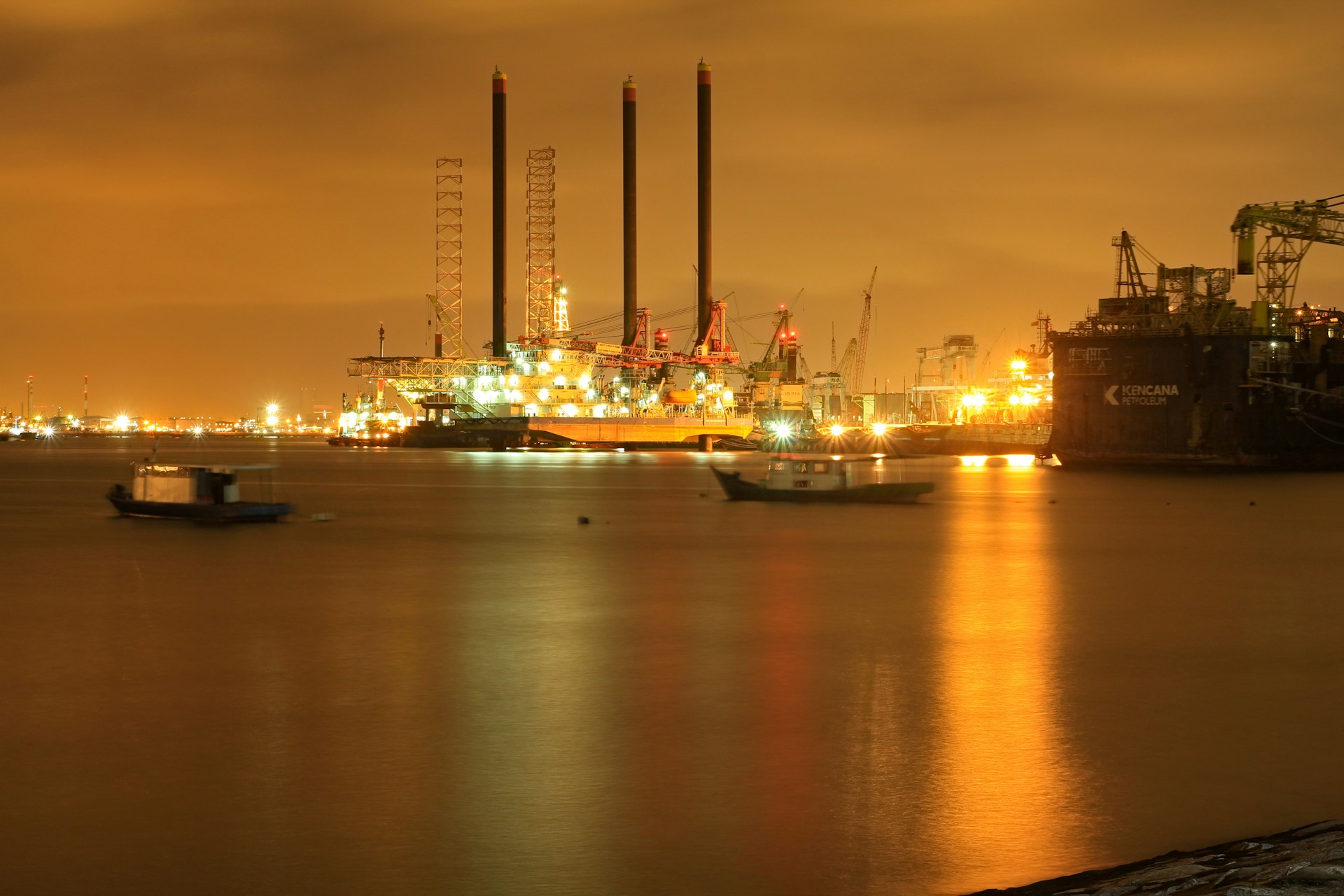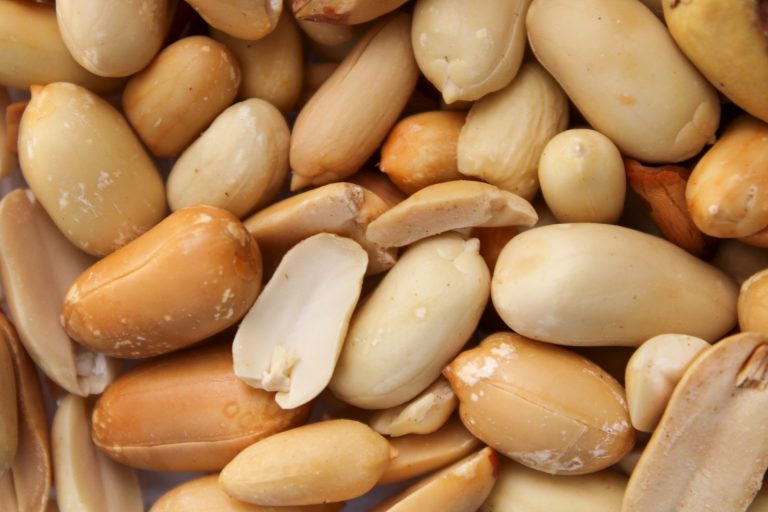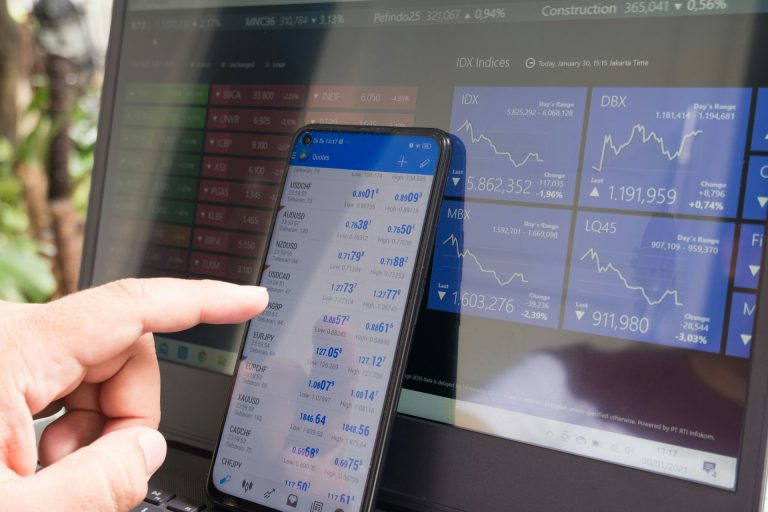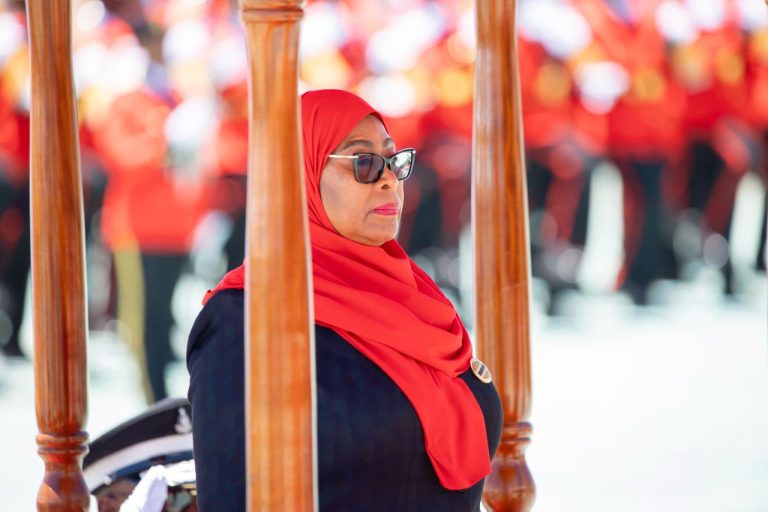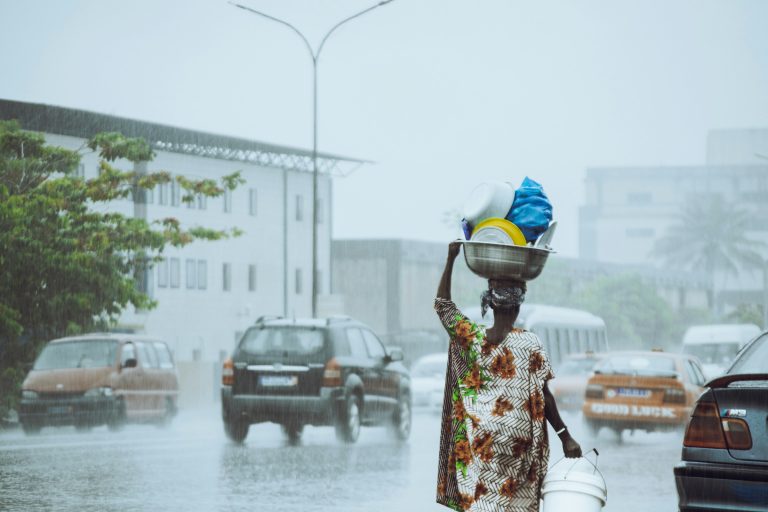- Ghana and Nigeria dominate West Africa’s oil and gas market
- Industry reforms and rising risks define the region’s next energy chapter
West Africa’s energy landscape is at a turning point as Ghana and Nigeria, controlling about 80% of the region’s oil and gas market, pursue reforms to unlock growth and attract global investors.
According to Deloitte’s West Africa Oil and Gas Market Outlook, the sector is forecast to expand at a compound annual growth rate of 6.5% between 2025 and 2033, reaching around US$80 billion. That potential, however, comes with mounting operational, regulatory and security challenges that could slow progress.
Nigeria: Africa’s oil giant faces costly reforms
Nigeria remains the continent’s top crude producer, averaging 1.5 million barrels per day as of late 2024. But high operating costs – estimated at 40–50% above the global average – continue to erode competitiveness. Security threats in the Niger Delta, complex procurement rules and local content policies add to the burden.
Oil theft and vandalism remain major threats, though losses have halved from more than 100,000 barrels per day in 2023 to about 50,000 in 2024. The government’s response includes a push for structural reform under the Petroleum Industry Act (PIA), designed to clarify fiscal rules and boost investor confidence.
The creation of the Africa Energy Bank, capitalised at US$5 billion and headquartered in Abuja, is intended to provide financing to independent producers struggling with limited access to capital amid global fossil-fuel divestment.
Nigeria has also commercialised its state energy firm, transforming the Nigerian National Petroleum Company into NNPC Limited – a limited-liability entity expected to operate more transparently and competitively in line with global peers like Saudi Aramco and QatarEnergy.
Ghana: reforming to regain investor confidence
While Nigeria is reforming from a position of scale, Ghana is rebuilding momentum after years of stagnation. Its upstream production has slipped, and no new petroleum agreements have been signed in the past five years. Regulatory uncertainty and strained relations between investors and government have slowed exploration.
Now, Accra is making a concerted push to revive confidence by resolving licensing disputes, re-opening dormant oil blocks and improving dialogue with global operators. The Ghana National Petroleum Corporation (GNPC) is also restructuring toward a more commercial and efficient model, echoing Nigeria’s NNPC transformation.
These efforts are expected to position Ghana as a stable, mid-tier energy producer capable of leveraging regional and global partnerships to reignite exploration.
Shared challenges across the region
Despite renewed optimism, both nations – and the wider West African oil belt – face persistent constraints:
- Limited access to funding for smaller operators
- High operating costs and rigid local content laws
- Security threats to critical infrastructure
- Regulatory and policy inconsistency
- Insufficient pipelines, refineries and storage capacity
Infrastructure gaps across the midstream and downstream segments remain particularly acute. Governments are increasingly turning to public-private partnerships (PPPs) to bridge the deficit, though implementation has been uneven.
For both Ghana and Nigeria, the success of upcoming reforms will determine whether West Africa can fully harness its hydrocarbon wealth in the energy-transition era – or watch global capital drift elsewhere.
